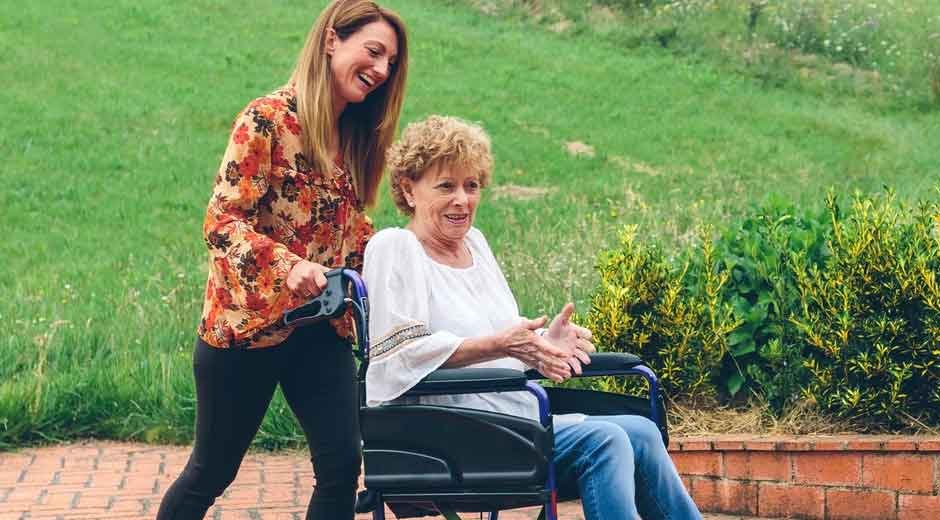Caring for and comforting a disabled loved one can be challenging, but not complicated if you know what to do. From understanding their unique needs to accessing quality care, such as disability services in Sydney, the entire process can be smoother with enough tools and knowledge.
Know & understand their needs
This isn’t exactly rocket science, but many make assumptions about what a person with disability may need and want without consulting them personally. Every person is different, and it’s important that you know what a loved one really needs to better accommodate them.
- Discuss their care needs, preferences, care needs, and any challenges they encounter
- Be proactive in learning more about their condition to gain a better understanding of what your responsibilities are
- Leverage healthcare providers for knowledge and assistance
- Prepare yourself to adapt to the evolving changes in a loved one’s condition
Be attentive and in the moment
If there’s just one thing you can do for them, it’ll be to listen and be present. Sure, life can become busy and juggling between responsibilities is hard, but it’s important that you take a moment to interact and focus.
- Show interest during conversations and listen with every intention to understand
- Allow them to express their thoughts without interruption or urging them on
- Give them your entire focus while they speak (or try to) and be patient
- Express your understanding and affirmation of their emotions
Create an inclusive & supportive environment
What better way to provide comfort and compassion than to create the right environment? Just like you would carefully plan relocation efforts for a senior with a disability, you also need to ensure a safe space for your loved one.
- Modify your home to accommodate their needs and allow them to live independently
- Rearrange furniture to make everything accessible, regardless of the mobility aid they’re using
- Provide adaptive tools to help with daily living, such as dressing sticks, plate guards, or reach extenders
Promote autonomy
Even with a disability, most people would prefer to live independently and do things on their own. This is especially true with making decisions that concern them.
- Always offer options rather than decide for them
- Support their independence, but keep a close eye on them for safety
- Be mindful of their limitations and capabilities while respecting boundaries
- Get them involved in any plans related to them, their goals and needs
Connect with community resources
The Australian government is highly supportive of people with disabilities, providing various programmes and supporting providers of disability services.
- Take advantage of the funding and support that the NDIS (National Disability Insurance Scheme) offers eligible Australians
- Sign them up for helpful disability services, including group activities that can help with isolation and withdrawal
- Give yourself a break from caregiving responsibilities once in a while and let respite care help out
Caring for disabled loved ones requires more than just providing basic care. You also need to consider their dignity and their need for autonomy and provide them with the right tools and support. In Sydney, Trusted Care & Support is the registered NDIS service provider you can rely on to help provide care for your loved one.






